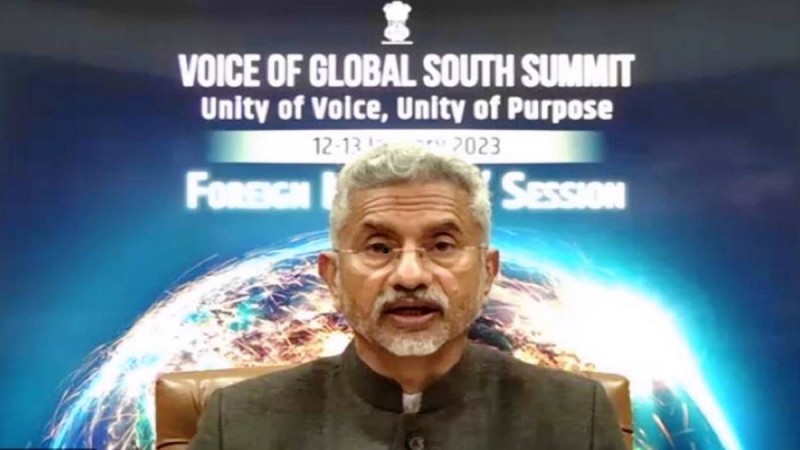
India has a leadership role in the developing world due to its democracy and championing the interests of post-colonial countries. India has become the voice of the Global South during its G20 presidency where it has undertaken a major exercise to bring together the aspirations of the Global South through the virtual ‘Voice of the Global South Summit 2023’ (VOGSS) on January 12 and 13.
No doubt the countries of the Global South raise their voice in the UN General Assembly and in the various international conferences organised under UN auspices. The Global South features many regional organisations, be it the African Union, ASEAN, Mercosur, the Caribbean Community, etc, where regional issues and concerns and their linkages with larger global developments are addressed. It is, therefore, not as if the voice of the Global South is not heard.
Prime Minister Narendra Modi’s statements at the VOGSS focused on all the right chords regarding the grave difficulties faced by developing countries because of the double whammy of the Covid-19 pandemic and the adverse impact of Russia’s invasion of Ukraine on global energy, food, and fertilizer situation.
He even focused on the need for a ‘human-centric development paradigm’, and illustrated his idea by concentrating on that it should not lead towards debt or climate crisis, or over-concentration of supply chains. Comments Modi made were indirectly critical of the Chinese approach to assisting developing countries. He said that “India’s approach has been consultative, outcome-oriented, demand-driven, people-centric, and respectful of the sovereignty of partner countries.”
The event has also contained eight thematic sessions at ministerial levels which covered areas from finance to energy to health among others. Modi has announced five important initiatives, including the setting up of a Global South Centre of Excellence, a science and technology initiative and a health initiative, and two others focusing on the training of Diplomats and giving scholarships.
India is now the fifth-largest global economy and could well be the third-largest by 2030. With the global economy under stress and signs of recession in some developed economies, India’s growth at around 7 percent this year will be the highest amongst the large economies as per the IMF and the World Bank.
India is making advances in digitalisation too and linking it to the country’s development needs, be it in the areas of direct benefit schemes, payment systems, creation of a unique identification system (Aadhaar), etc, can be emulated advantageously by other developing countries.
India thus bridges the East-West as well as the North-South divides. India believes in the ‘Global South Sensitive’ model of globalization set up the three fundamentals from self-centered globalization to human-centric globalization, a different approach to Innovation & technology by deploying Global South-led innovations for societal transformation, and in the field of development, cooperation shifting from debt creating projects to demand-driven and sustainable development cooperation.
India has already raised the global agenda and finding solutions in an environment of a sharpened East-West divide and the North becoming more inward as its economies come under pressure will be that much more difficult.
Building resilient health system across world: India at G20 Health Working Group meet
BJP leader ran away with SP leader's daughter, FIR registered
91 tech giants laid off around 24,000 employees within 15 days